Montana Becomes First US State to Ban TikTok

On Wednesday, Montana Governor Greg Gianforte enacted legislation to ban the Chinese-owned social media platform TikTok within the state, marking the first such move by a U.S. state to bar the popular short video app. The law, designed to protect Montana residents from potential intelligence gathering by China, is scheduled to take effect on January 1, 2024, and is expected to face significant legal opposition.

In a direct impact on app distribution platforms, the new law will render it illegal for Google and Apple's app stores to host TikTok for users in Montana. However, the legislation will not penalize individual users of the app.
TikTok has gained immense popularity among American teens, with 67% of U.S. teenagers aged 13 to 17 reportedly using the app. This popularity is underscored by Pew Research Center data, which reveals that 16% of all teens use TikTok almost incessantly. TikTok has maintained that the "vast majority" of its users are adults, aged 18 and above.

In March, a Congressional committee questioned TikTok CEO Shou Zi Chew about the possibility of the Chinese government accessing user data or influencing the content that Americans view on the app. However, nationwide calls for banning TikTok or giving the Biden administration the authority to regulate or ban the app have yet to gain traction in Congress.
Governor Gianforte, a Republican, stated that the legislation aligns with the "shared priority to protect Montanans from Chinese Communist Party surveillance." Montana, home to just over a million residents, has announced that TikTok may face penalties for each violation of the ban and additional fines of $10,000 per day for non-compliance.

Tech giants Apple and Google, who host the TikTok app on their respective app stores, could also face fines of $10,000 per violation per day if they violate the ban. Neither company has responded to requests for comment as of the time of writing.
The American Civil Liberties Union (ACLU) has criticized the law, labeling it "unconstitutional" and voicing concerns that it could be implemented on January 1 if the courts do not intervene.

Keegan Medrano, policy director at the ACLU of Montana, issued a statement expressing concern that the ban infringes upon the free speech rights of Montanans who use the app for personal expression, information gathering, and small business operations.
The move follows a failed attempt by former President Donald Trump to ban new downloads of TikTok and WeChat in 2020 via a Commerce Department order. This initiative was blocked by multiple courts and never took effect.

TikTok's free speech allies include several Democratic members of Congress, such as Representative Alexandria Ocasio-Cortez, and First Amendment groups like the ACLU.
Industry group NetChoice's general counsel, Carl Szabo, also spoke out against the new law. He argued that the government cannot impede access to constitutionally protected speech, whether it appears in a newspaper, on a website, or via an app.

In addition to the TikTok ban, Governor Gianforte has also prohibited the use of all social media applications that collect and provide personal information or data to foreign adversaries on state government-issued devices.
In response to these concerns, TikTok is currently working on Project Texas, an initiative designed to create a standalone entity that will store American user data on U.S. servers operated by Oracle.


